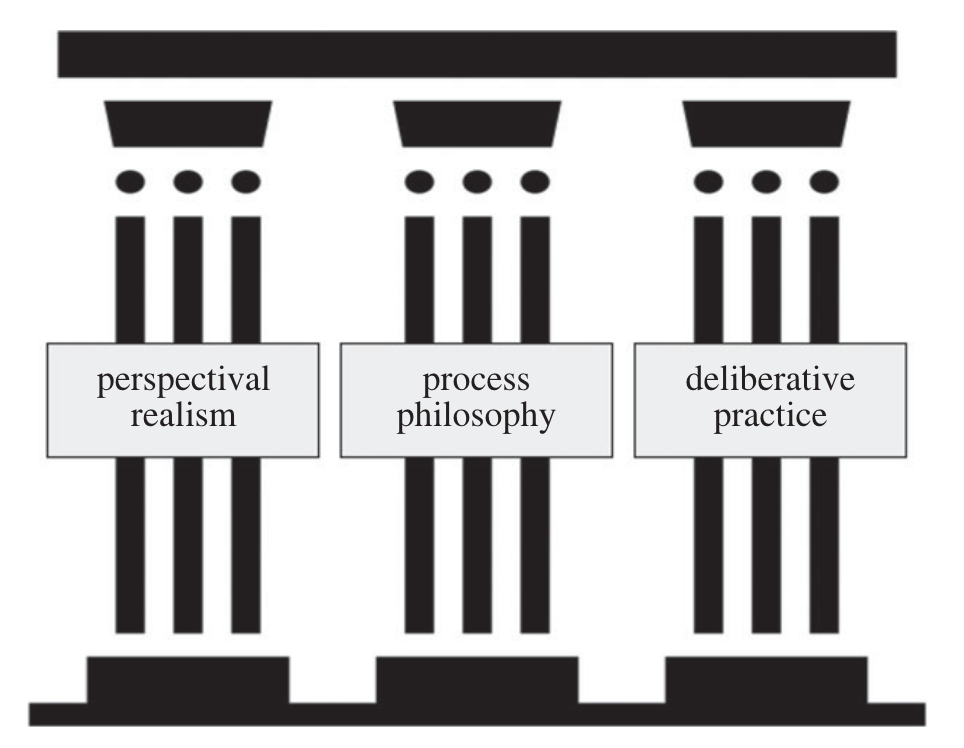In this new paper published in the Royal Society Open Science, we introduce an epistemological framework for citizen science that values diversity in the discovery process and is built on three philosophical foundations: perspectival realism, a naturalistic process-based epistemology, and deliberative social practices. These foundations shift the focus from immediate outcomes to the cognitive and social processes that foster sustainable scientific innovation and productivity, advocating for an ecological approach to scientific research and assessment.
citizen science
Collaboration and Performance of Citizen Science Projects Addressing the Sustainable Development Goals
Our paper on measuring collaborations and performance in citizen science projects is out in Citizen Science, Theory and Practice!

This work is the result of the European project Crowd4SDG, where we directed the part on the quality criteria of citizen science. We implemented the measurement of processual criteria based on a perspectivist and deliberative epistemology of citizen science published in the Royal Society Open Science (see this other post). With the help of the CoSo app (that we presented in this post), we monitored interactions within a collaborative ecosystem of citizen science innovation projects, revealing the relational dynamics and their influence on project performance. Our approach, combining digital analyses and self-reports, allowed us to break down interactions into multi-layer social networks, highlighting the importance of social capital and relationship management for the success of initiatives. We identified links between team structures, their communications, and the quality of their projects, emphasizing the impact of engagement and collaboration on producing relevant and innovative outcomes. This approach enriches the evaluation tools in citizen science and offers concrete ways to improve engagement, inclusion, and diversity in these projects.

